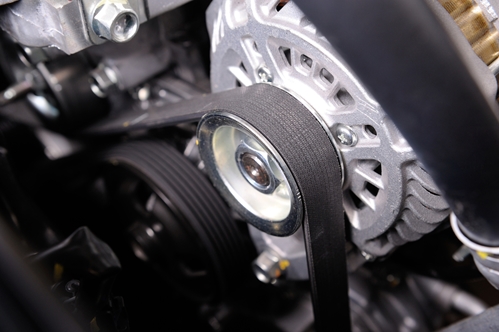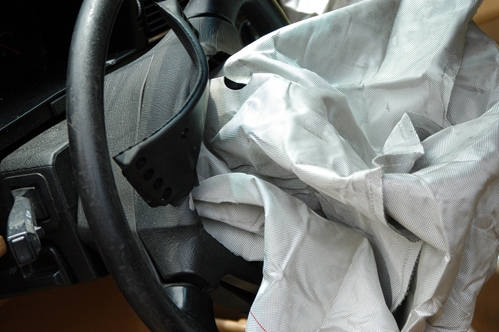Houston – Sept. 12, 2017 – Gulf States Toyota, the second-largest distributor of Toyota vehicles worldwide, has recalled more than 1,100 sport utility vehicles possibly equipped with defective roof rail accessories, according to documentation filed with the National Highway Transportation Safety Administration. The campaign affects 2017 Toyota Highlander and Highlander Hybrid models with production dates ranging from Nov. 16, 2016 to July 19, 2017. The car company suspects 100 percent of the vehicles referenced in the recall contain the defective part.
The Defect
The models named in the recall are equipped with roof rail cross bars with fasteners that were not tightened properly during the installation process, which took place at GST headquarters. Consequently, the fasteners could become loose during operation, possibly leading to complete cross-bar detachment. This poses a serious safety risk to owners. However, the GST has yet to receive reports detailing instances of detachment or linking the defective accessory to accidents or injuries.
Timeline of Events
Quality assurance personnel for GST recently reviewed the structural integrity of cross-bar assemblies attached to 2017 Toyota Highlander SUVs. These inspections revealed that cross-bar fasteners had not been properly torqued during installation. GST personnel then inspected production records and torque value notations, some of which appeared to be missing. This prompted the Toyota distributor to launch an official safety recall.
GST notified associated dealers Aug. 30.
The Solution
GST has directed dealers to inspect the roof cross bars on affected vehicles and torque the fasteners if necessary, according to a recall acknowledgment document from the NHTSA. Dealers are to perform these repairs free of charge. GST plans to contact owners Sept. 25. Those in need of more immediate assistance can contact company customer service personnel at (800) 444-1074 or call the NHTSA Vehicle Safety Hotline at (888) 327-4236.



